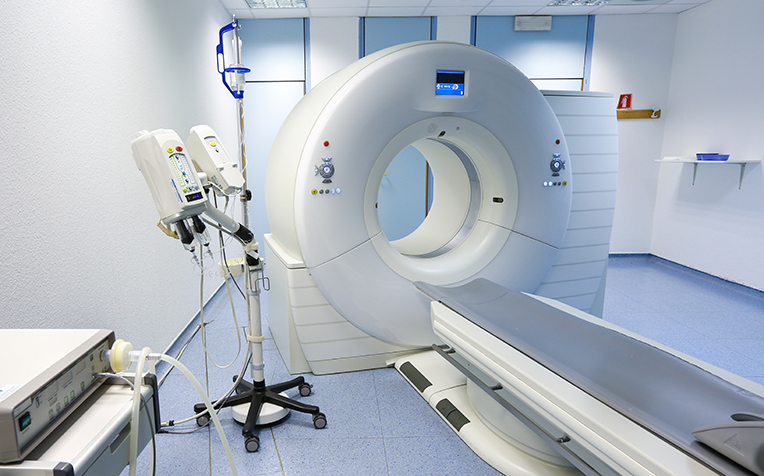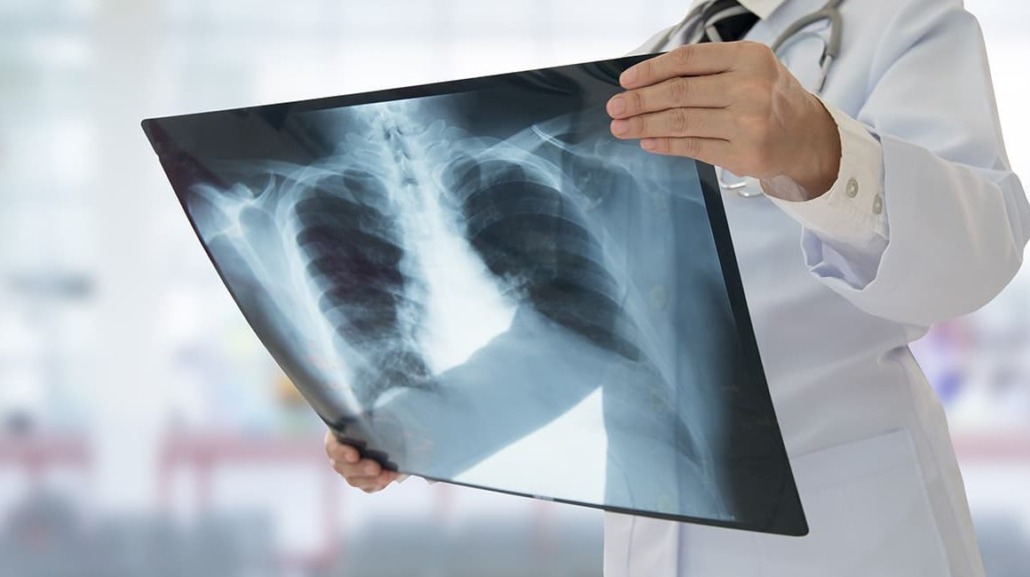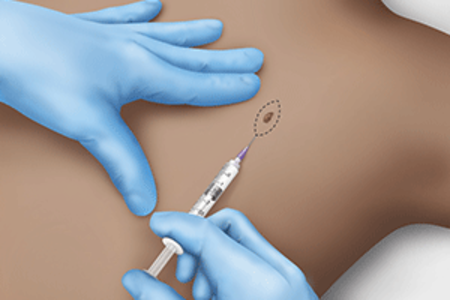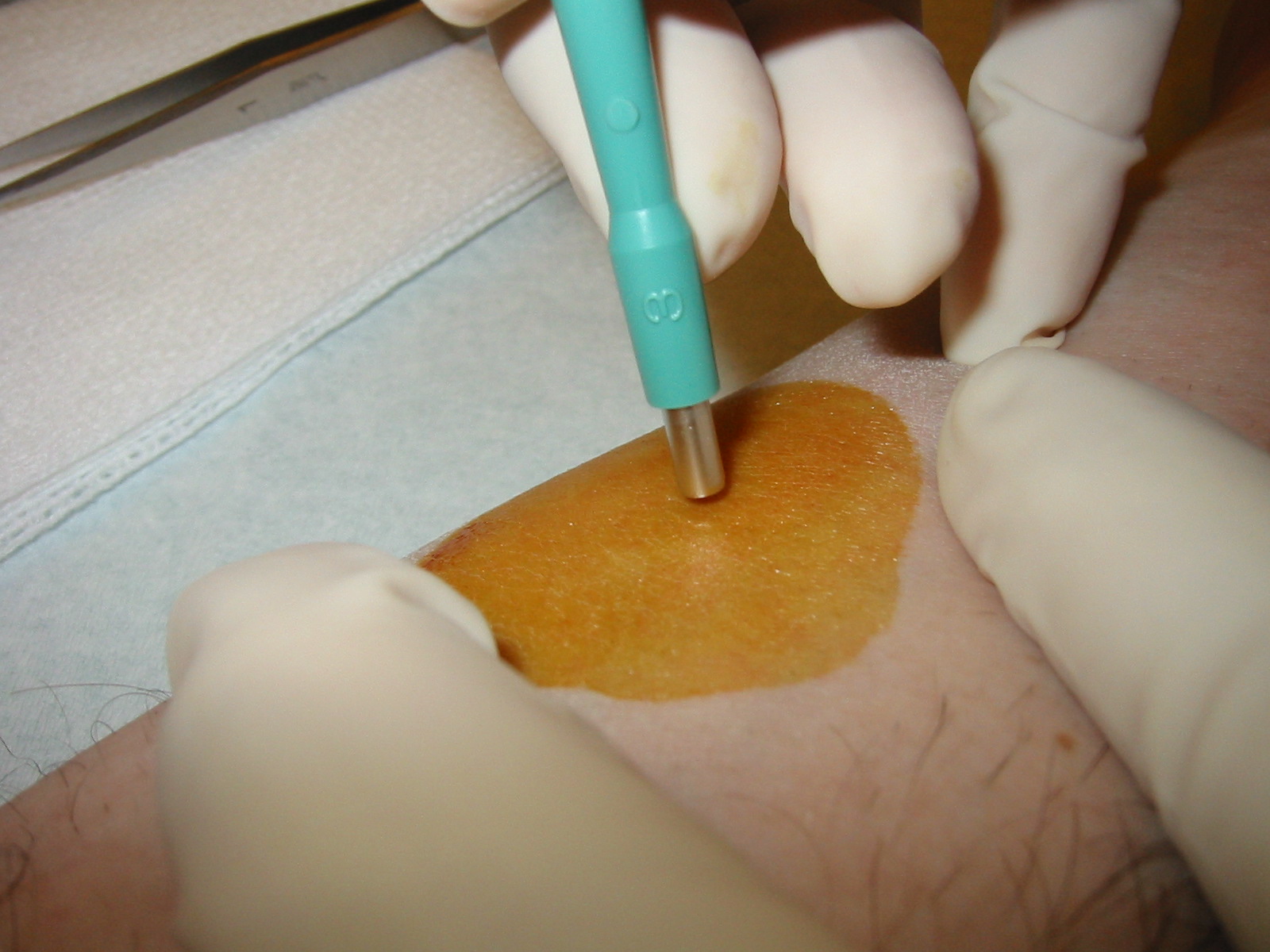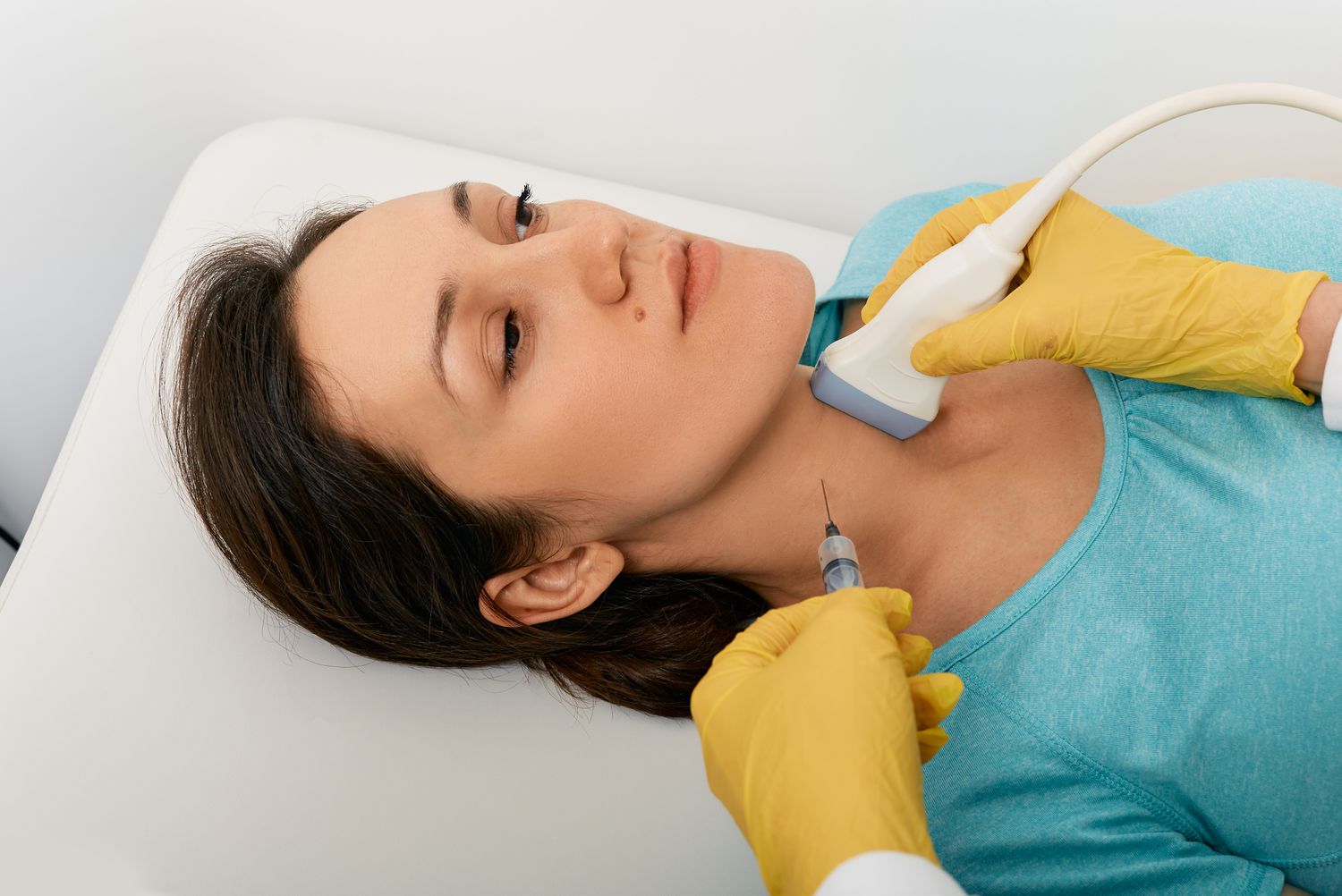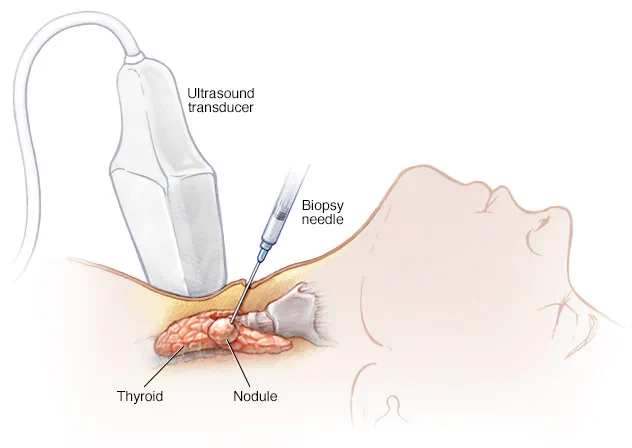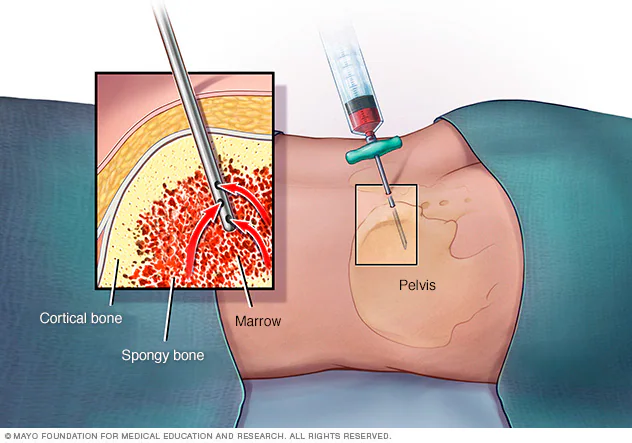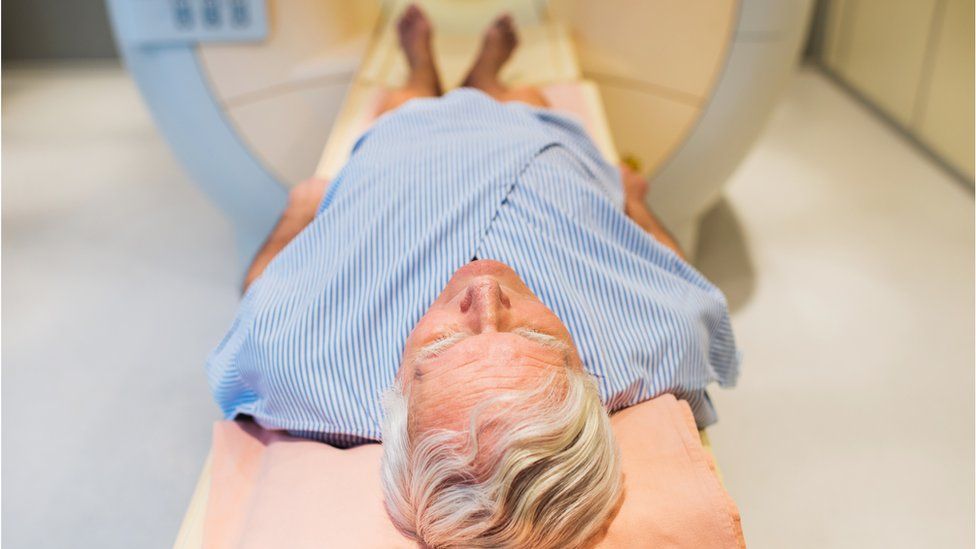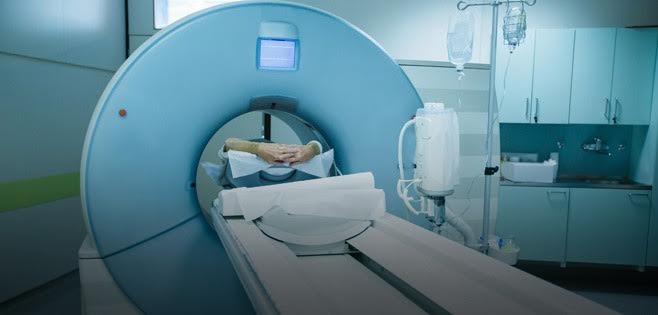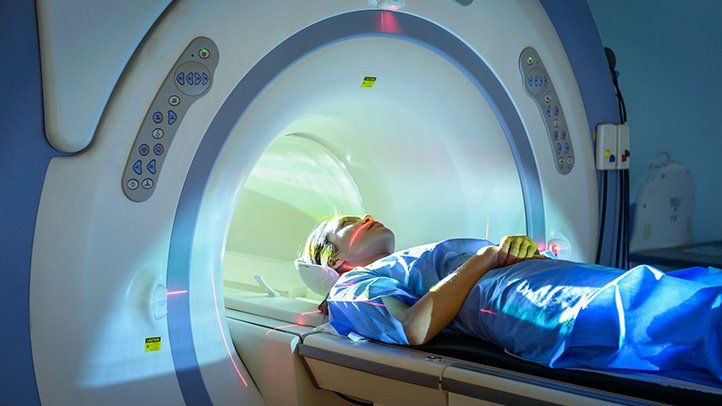- Home
- Our Services
CANCERS WE TREAT
TREATMENT OPTIONS
- About Us
About North Houston
Cancer ClinicsNorth Houston Cancer Clinics is a leading cancer center specializing in treating various types of cancers and blood disorders.Meet our specialized cancer care team
Choosing excellence, transforming cancer care together
Quality Oncology Practice Initiative (QOPI) Certification Program
Discover Our Healing Spaces: Virtual Office TourFirst day visit at North Houston Cancer Clinics
Real Stories, Inspiring Journeys, Patient Testimonies
- New patient
Becoming a patient at North Houston Clinics
Embark on your journey to health with us. Seamless, compassionate care awaits as you become a patient at North Houston Clinics.
Effortless Registration, Portal to Wellness JourneyYour Health, Your Time, Your AppointmentFrequently Asked Questions For New Patients - Blogs
- Contact Us
- Home
- Our Services
CANCERS WE TREAT
TREATMENT OPTIONS
- About Us
About North Houston
Cancer ClinicsNorth Houston Cancer Clinics is a leading cancer center specializing in treating various types of cancers and blood disorders.Meet our specialized cancer care team
Choosing excellence, transforming cancer care together
Quality Oncology Practice Initiative (QOPI) Certification Program
Discover Our Healing Spaces: Virtual Office TourFirst day visit at North Houston Cancer Clinics
Real Stories, Inspiring Journeys, Patient Testimonies
- New patient
Becoming a patient at North Houston Clinics
Embark on your journey to health with us. Seamless, compassionate care awaits as you become a patient at North Houston Clinics.
Effortless Registration, Portal to Wellness JourneyYour Health, Your Time, Your AppointmentFrequently Asked Questions For New Patients - Blogs
- Contact Us
Overview About Cancer Diagnosis
Cancer diagnosis is crucial to understanding and managing the illness. It involves a set of tests, examinations, or procedures to verify whether cancer is present and identify its type and stage. This information assists in developing practical and efficient treatment plans for patients that address their unique needs.
How Cancer is Diagnosed
The earlier one gets a cancer diagnosis, the better the chances of successful treatment. The following are steps taken when diagnosing cancer:
Review Of Health History: Through your long and winded health history, we can offer the best care that fits you and helps improve your life. No question goes unanswered when it comes to understanding what concerns you may have.
Physical Examination: A detailed review of the patient’s medical history and comprehensive physical examination begins the journey. These doctors look for any unusual signs or symptoms indicating cancer.
Laboratory Tests: Markers that indicate the possible presence of these cells test in fluids such as urine and blood, but they cannot do much alone by making it essential in other ways.
Diagnostic Imaging: CT scans, MRIs, X-rays, and PET scans produce detailed pictures of the inside of the body structures, permitting the identification of tumors or abnormal growths.
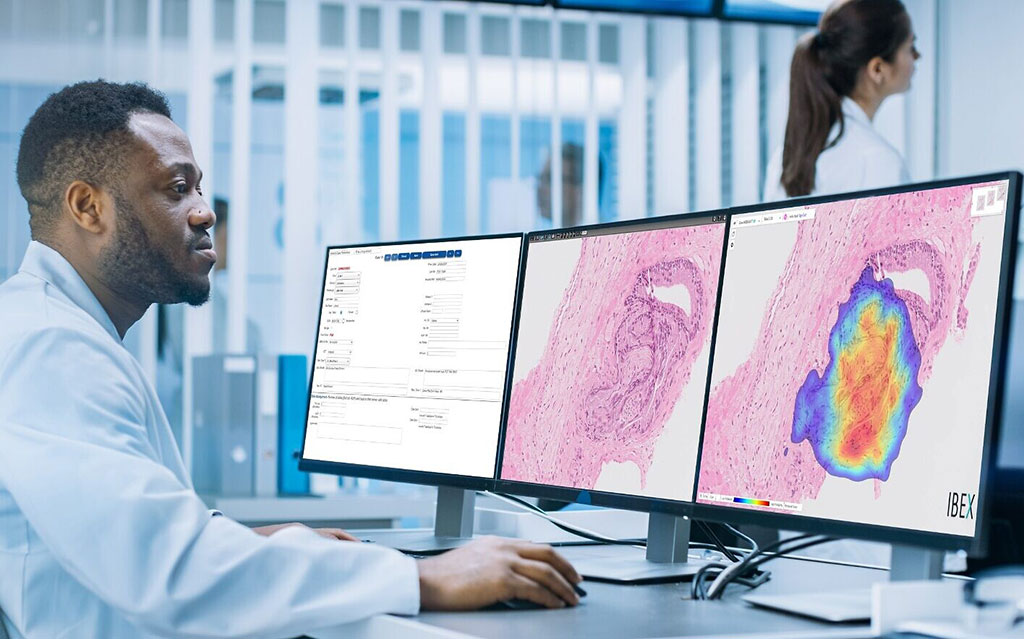
Biopsy: Biopsy involves the removal of tiny sections of tissue from where they are examined under a microscope for signs regarding the presence of malignancy cells, thus leading to a definitive test for diagnosing cancer whereby it provides information concerning the location of the suspected tumor as well as the method used during its procedure.
Improved diagnostic methods have transformed cancer diagnosing options, increasing accuracy and less invasive approaches.
Below listed are some of the main ways of diagnosing cancer:
Endoscopy: Narrow and tiny tubes fitted with cameras allow doctors to see inside the body and inspect organs for cancer signs or cancerous cells.
Molecular Genetic Tests: These tests evaluate different proteins and substances to detect cancer.
Liquid Biopsy: Liquid biopsy is a technique for detecting tumors or cancer cells by testing patients’ blood.
Immunohistochemistry: This test identifies specific antigens in a sample of cancer cells.
Cancer Diagnosis At NHCancer Clinics By Expert Oncologists
- Qualified Experts For Your Treatment: Our highly professional staff and doctors are working together to ensure a quick and accurate diagnosis at all times.
- Customer Satisfaction: We have experts who understand that each patient’s condition is distinct; hence, they customize the diagnostics process based on individual needs and concerns.
- Innovative Facilities: Our facilities are equipped with highly advanced diagnostic equipment, enabling our team to perform several kinds of examinations or procedures with precision and care.
- Commitment to Innovation: We strive to advance cancer diagnosis through research and the adoption of new diagnostic methods. We ensure patients have access to cutting-edge diagnostic alternatives, thus increasing their chances of survival.
Improvement in Cancer Diagnosing Techniques
A wide-ranging approach to examining medical history, physical examination, laboratory tests, imaging studies, and biopsies sets the stage for diagnosing cancer. Cancer diagnostic techniques have improved over time, increasing the possibilities of early detection. Our experts use these methods to give personal diagnoses within a delicate state-of-the-art setting and guide on further treatment modalities.
Cancer diagnosis is an intricate method that incorporates various imaging techniques that are crucial in determining where cancer is within the body as well as its stage.
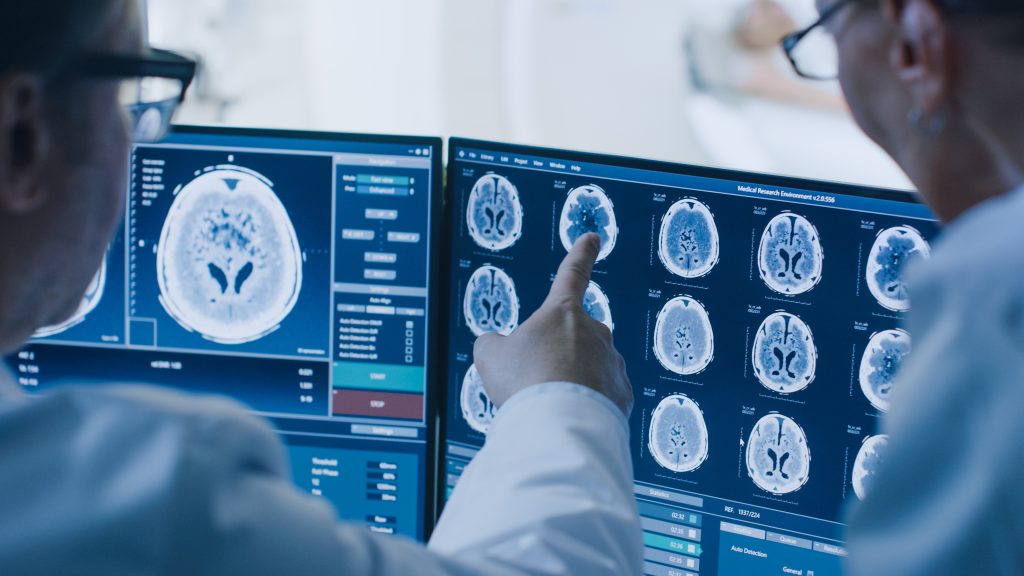
X-rays: This technique, one of the most ordinary and accessible imaging tests, can show anomalies or changes in bones and hence detect some types of cancers, such as bone tumors.
Computed Tomography (CT) Scans: CT scans represent much more detail than X-rays by combining multiple X-ray images to create a cross-sectional body view. They are instrumental in detecting cancer in organs and tissues.
Magnetic Resonance Imaging (MRI) Scans: MRI uses radio waves and magnetism to produce pictures of internal organs. It is suitable for scanning the brain, spinal cord, and soft tissues that reveal tumors.
Positron Emission Tomography (PET) Scans: Doctors can inject radioactive glucose into the body through PET scans, which reveal how organs or tissues work. These tests are invaluable tools in detecting cancers with high levels of glucose uptake due to increased metabolism compared with normal cells.
Ultrasound: This technique uses sound waves to generate images inside the body; thus, it helps diagnose liver, kidney, or pancreatic cancer, among others, while guiding biopsies, too.
All these imaging procedures critically contribute to confirming a diagnosis of cancer by helping doctors precisely locate cancerous growths, determine their sizes, and assess their severity. Early discovery and treatment using these sophisticated technologies have resulted in better patient outcomes.
Blood Tests: These tests may help doctors identify abnormal blood cell counts or markers suggesting cancer, such as the Complete Blood Count (CBC) and Tumor Markers Test.
Biopsy: This is a critical test in which a sample from a small piece of tissue is collected from the suspected area and tested under a microscope.
Urinalysis: This helps to determine whether there are abnormal cells or substances in urine indicative of urinary cancer.
Genetic & Genomic Testing: Understanding Genomic Testing: Looking at a tumor’s DNA to identify genes, proteins, and other things unique to that particular tumor. Such information allows for predicting how the cancer might behave and the most effective treatment.
Our Experienced Care Team Is Available For You
North Houston Cancer Clinics takes a beneficial approach to cancer diagnosis by providing laboratory and genomic tests to create accurate diagnoses and treatments. We aim to employ these diagnostic tools for the early detection of cancers and understand their unique properties that would facilitate targeted and effective treatment. Our caring services and highly advanced tools and techniques have provided hope and support to our patients, among other cancer centers.

